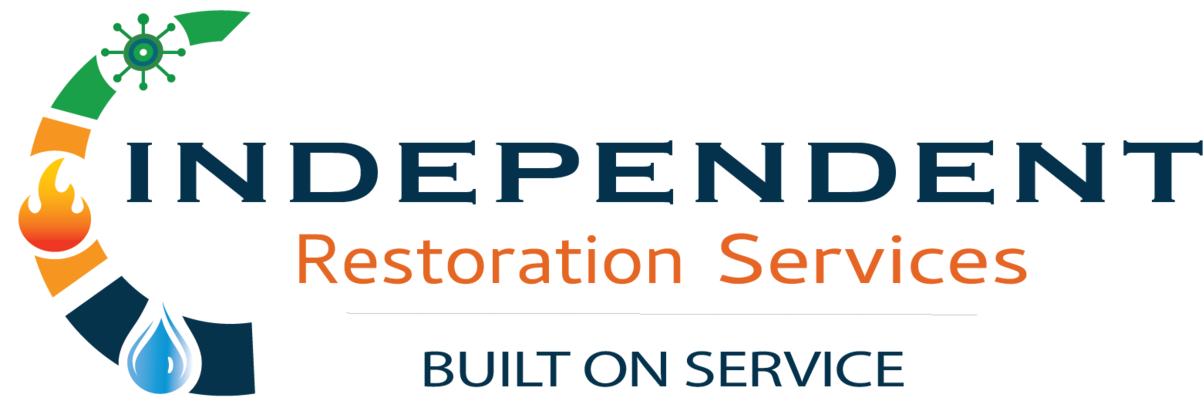Huntsville, Alabama faces significant storm-related risks throughout the year, from severe thunderstorms and tornadoes to occasional ice storms. Proper preparation can minimize damage to your property and ensure your family’s safety during severe weather events.
Table of Contents
Understanding Huntsville’s Storm Risks
Located in North Alabama, Huntsville sits in a region known for severe weather activity. The city experiences an average of 60 thunderstorm days annually, with peak severe weather season occurring from March through May. Understanding these patterns helps homeowners prepare effectively.
Pre-Storm Property Protection
Roof and Structural Maintenance Regular roof inspections are crucial for storm damage preparation in Huntsville. Check for loose or damaged shingles, secure gutters and downspouts, and trim tree branches that overhang your roof. A well-maintained roof provides your first line of defense against storm damage.
Window and Door Reinforcement Consider installing storm shutters or impact-resistant windows in high-risk areas. Ensure all exterior doors have solid frames and consider reinforcing garage doors, which are particularly vulnerable to wind damage.
Outdoor Item Security Create a plan for securing outdoor furniture, grills, and decorative items that can become projectiles during high winds. Store these items in garages or sheds, or anchor them securely to prevent damage to your property or neighbors’ homes.
Emergency Supply Preparation
Essential Emergency Kit Maintain an emergency kit with enough supplies for at least 72 hours. Include water (one gallon per person per day), non-perishable food, flashlights, batteries, first aid supplies, and battery-powered or hand-crank radio.
Important Document Protection Store copies of important documents in waterproof containers or digital formats. Include insurance policies, identification, bank account information, and property deeds. Consider storing copies with out-of-state relatives or in safety deposit boxes.
Power and Utility Preparedness
Generator Safety If you use a portable generator, ensure proper ventilation to prevent carbon monoxide poisoning. Never operate generators indoors or in enclosed spaces. Have generators professionally installed or follow manufacturer guidelines strictly.
Utility Shut-off Knowledge Know how to safely shut off gas, water, and electricity to your home. Mark utility shut-offs clearly and ensure all family members understand emergency procedures.
Communication and Evacuation Planning
Family Communication Plan Develop a family communication plan that includes out-of-state contact information and meeting locations. Ensure all family members understand the plan and practice it regularly.
Weather Monitoring Stay informed about weather conditions through multiple sources. The National Weather Service Huntsville office provides localized forecasts and severe weather warnings specific to the Tennessee Valley region.
Post-Storm Safety and Assessment
Initial Safety Assessment After storms pass, conduct careful property assessments. Look for structural damage, gas leaks, electrical hazards, and water intrusion. If you suspect gas leaks or electrical damage, contact utilities immediately and avoid the affected areas.
Documentation for Insurance Photograph damage before making temporary repairs. Document all damage thoroughly for insurance claims while ensuring your safety remains the priority.
Professional Storm Damage Restoration
When storm damage occurs, professional restoration services can minimize long-term impacts. Storm damage often involves multiple types of damage – water intrusion, structural damage, and potential mold growth if not addressed quickly.
Independent Restoration Services provides comprehensive storm damage restoration throughout the Huntsville area. Our emergency response team assesses damage, implements immediate protection measures, and develops complete restoration plans as part of our restoration services.
Storm damage frequently combines water damage with structural issues, requiring coordinated restoration approaches to address all affected systems and materials.
Community Resources and Support
Huntsville residents have access to excellent emergency management resources. The Madison County Emergency Management Agency provides comprehensive emergency planning information and coordinates response efforts during severe weather events.
Local building codes and ordinances reflect Huntsville’s storm risks. When making home improvements or repairs, ensure compliance with current codes that incorporate enhanced wind resistance and drainage requirements.
Seasonal Preparation Strategies
Adjust your storm preparation based on seasonal risks. Spring preparation focuses on tornado readiness and severe thunderstorm protection. Winter preparation emphasizes ice storm readiness and heating system backup plans.
Effective storm damage preparation requires year-round vigilance and planning. By implementing these strategies and maintaining emergency supplies, Huntsville residents can significantly reduce storm damage risks and ensure family safety during severe weather events.
